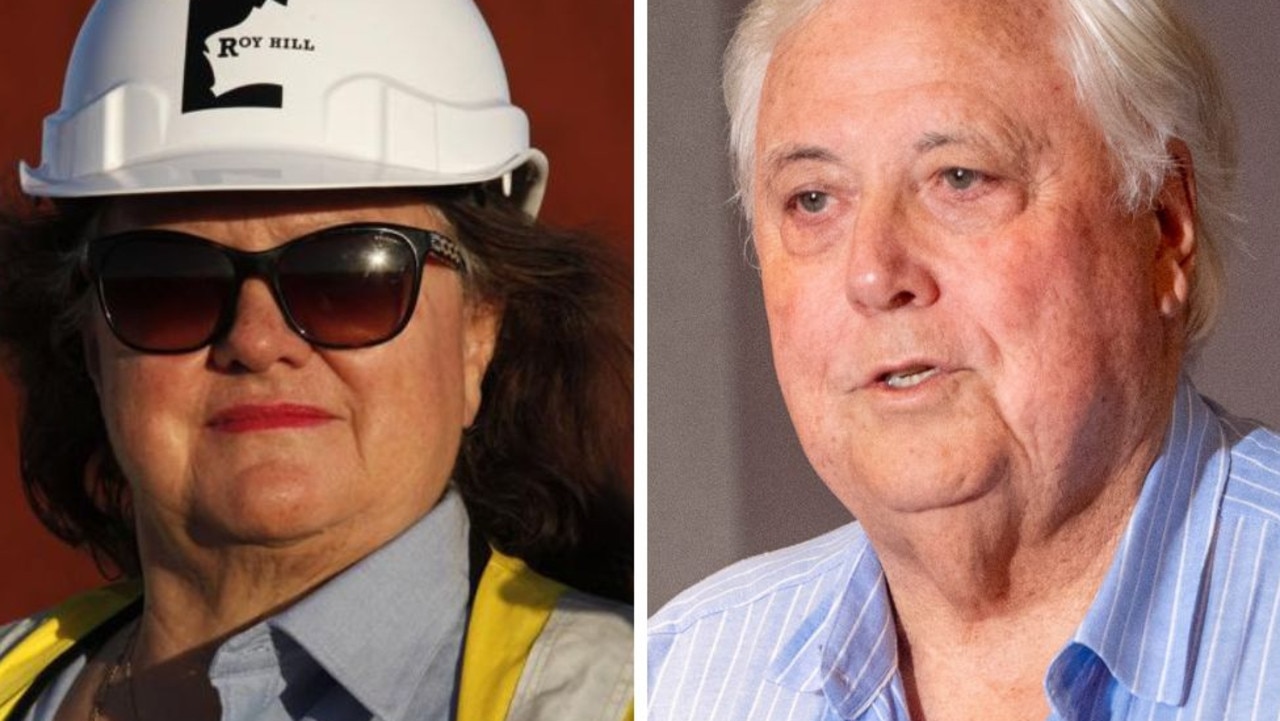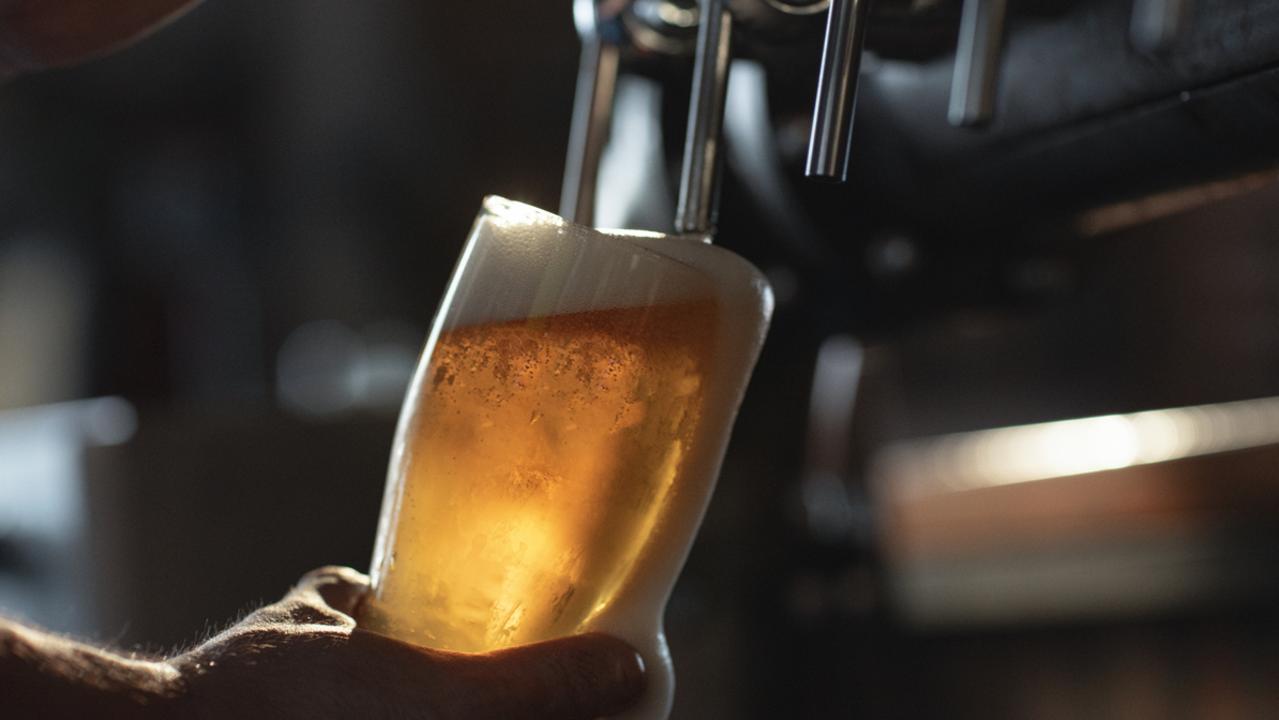Has Australia stopped being a lucky country?
WE HAVE less to spend and house prices are more unaffordable than ever. Has the country’s luck run out?
AUSTRALIA is no longer the ‘lucky country’.
That is the assessment of the nation’s most powerful economist, John Fraser.
Mr Fraser says Australians have become complacent about their declining wealth because they live in a stable and peaceful country.
“Our income per capita is falling. You wouldn’t know it. Everybody is happy and, in Canberra in particular, everybody is deliriously happy and comfortable,” he said in an interview for The Australian Financial Review Magazine’s power issue.
His comments come as Australians’ disposable income drops and house prices continue to rise.
Mr Fraser said that the nation’s problems were similar to those experienced in the early 1980s, when Australia was falling out of the ranks of the world’s richest countries, but the community didn’t recognise the need for policy chances.
Leading economist Saul Eslake told news.com.au it was “fair to say Australia’s luck is changing”.
“We had 10 years of good fortune in the form of rising prices for commodities but I think previous governments have squandered that good fortune and now that luck has changed,” he said.
Commodity prices were almost 60 per cent down following a peak in 2011, according to Mr Eslake.
“And they’ve got further to fall,” he said.
“Some of the chickens hatched in that era are coming home to roost.
“They come in the shape of governments’ ongoing budgetary difficulties.”
He said Australians had been lulled into a false sense of security and were not prepared for what was to come.
“Because the last 25 years have been so good, only a proportion of currently working Australians have much memory of difficult times,” Mr Eslake said.
“And as a result they have high exceptions of what government can and should do for them which governments will almost certainly not be able to meet.
“That’s because, in part, the way in which successive governments squandered the fruits of the earlier luckier period and partly because global circumstances won’t be as favourable.”
Mr Eslake predicted that “growth in national income and employment will be significantly slower on average than it has been over the last 15 years” in coming years.
But it’s not all bad news.
Mr Eslake said Australia’s economy was faring better than other resource-based economies including Canada and Brazil.
“Lower interest rates are working to give us the highest level of housing activity ever and there are signs that the fall in the exchange rate is also boosting the competitiveness of some of our other industries such as tourism and the greater flexibility of the labour market is helping to provide some support for employment,” he said.
Sydney and Melbourne have more than 1000 scheduled auctions each this Saturday, a day coined “Super Saturday” by an industry that has traditionally done big business in spring.
In Sydney, 1198 properties are set to go under the hammer according to Core Logic RP Data figures and in Melbourne 1206 auctions are planned.
With a median dwelling sale price in the harbour city sitting at $773,000 and $679,000 in the Victorian capital, that could add up to a whopping $1.605 billion worth of property changing hands in just one day.




